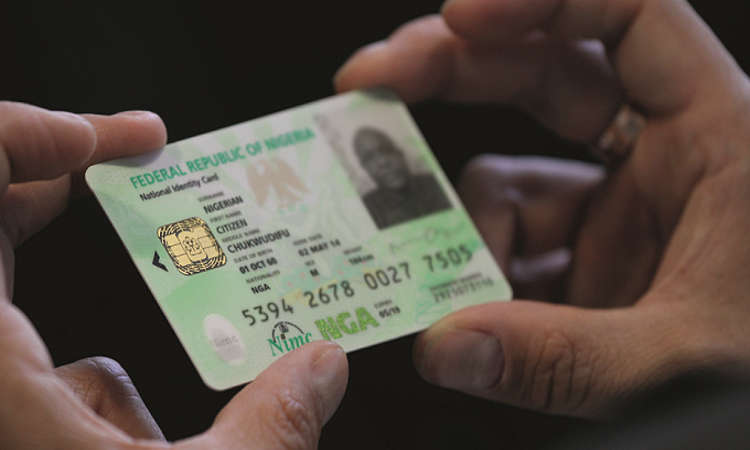
The Nigerian government is moving to empower banks to issue debit cards that will double as National Identity Cards to Nigerians, following the failure of the National Identity Management Commission (NIMC) to issue the cards to applicants.
The move, which was reported by NAN, was announced by the Minister of Communications and Digital Economy, Prof Isa Pantami, in Abuja.
The minister said the approval was obtained at the meeting of the Federal Executive Council (FEC), following a memo from the NIMC, allowing banks to print multipurpose debit cards that double as National identity cards.
Register for Tekedia Mini-MBA edition 19 (Feb 9 – May 2, 2026): big discounts for early bird.
Tekedia AI in Business Masterclass opens registrations.
Join Tekedia Capital Syndicate and co-invest in great global startups.
Register for Tekedia AI Lab: From Technical Design to Deployment (next edition begins Jan 24 2026).
“It is going to be a form of the multipurpose card where it will serve as your national identity card on one hand and also your bank card on the other hand, either Mastercard, Visa, or any other kind of card,” he said.
Pantami explained that although the NIMC Act 2007 only mandates Nigerians to have a National Identity Number and not necessarily a printout card, high demands for cards have prompted the need for cards, pushing the NIMC to seek the partnership with the banks.
“As in the NIMC Act 2007, section 27, what is mandatory for our citizens and legal residents is the acquiring of the National Identity Number, not the card. However, the card is optional.
“But many citizens, particularly those living in rural communities, always go to NIMC offices complaining that they need the card at hand, even though it’s optional.
“To make it easier, NIMC last year, we introduced a smart ID card you can download from the NIMC app. It is just a smart card. You don’t need to have it physically, but that is becoming difficult for our people living in rural communities,” he said.
The minister said NIMC had partnered with the Central Bank of Nigeria so that citizens who are interested in having a card at hand can easily go to the relevant banks and have them printed with either Mastercard or Visa card.
“It is going to be a form of a multipurpose card that will serve as your national identity card on one hand and also your bank card on the other. And based on the agreement, it is without any additional costs to our citizens.
“So when you apply for a card at your bank, you can indicate that ‘I want this card to be multiple purposes where it will serve as my bank card and also my national identity card’.
“Both of them are going to be printed on the same card and it is going to serve the same purposes without any additional costs,” he said.
The Minister disclosed that NIMC and the CBN signed a nondisclosure agreement to protect the privacy and confidentiality of card applicants.
“NIMC and the central bank signed a nondisclosure agreement where your privacy and your confidentiality must be respected in the course of providing the card for you.
“When you apply for the card, the bank will apply online to NIMC through their database.
”When they verify and confirm that your record in the database is in alignment with your record in the NIMC database, it will be permitted and the card is going to be printed for you immediately,” the minister added.
In addition, Pantami disclosed that FEC also approved a memo proposing the deployment of an automated system to integrate NINs with individual SIM cards. He said the system would consolidate the implementation of the NIN-SIM linkage.
The minister also revealed that the automated system would sanitize the database and ease the process of SIM replacement for Nigerians or legal residents.
National identity management has been a challenge in Nigeria since 1976 when it was first conceptualized by former president and the then military head of state, Olusegun Obasanjo. The implementation of the program, which started in 1981 under the leadership of President Shehu Shagari, failed for various reasons – ranging from corruption to poor management.
The story has remained the same for several other attempts made by successive governments, including Obasanjo as a civilian president in 2003, to implement a national identity database.
The NIMC’s decision to empower the banks to print the identity cards for Nigerians is the latest move by the government to simplify the process. However, while the program appears as a solution to the unavailability of NIMC-issued cards, Nigerians are concerned that it will not be sustained.




Interesting the recently launched CBN card for local transactions, Afrigo, is not even mentioned.